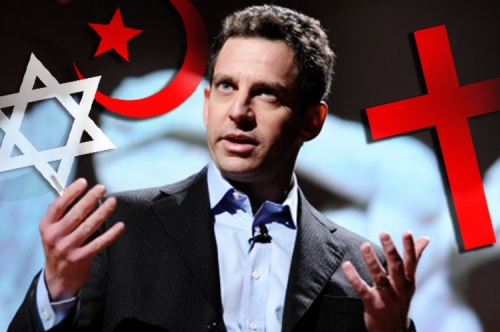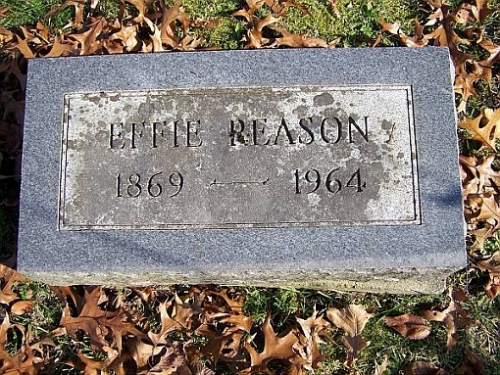Sam Harris is right (but I wish he wasn’t)
http://www.samharris.org/blog/item/the-moral-landscape-challenge1
I read The Moral Landscape by Sam Harris a while back. While I would enjoy the cash from refuting his argument, I would despise what I would become in that refutation: a heretic.
The core of his argument is that a reasoned understanding of experiences can help us determine what is good and what is bad. This, regrettably for my wallet, is the Catholic position on reason and science. While acknowledging the difficulties in practice, the Catechism of the Catholic Church states: “human reason is, strictly speaking, truly capable by its own natural power and light of attaining … the natural [moral] law written in our hearts”. Further, “religious and moral truths .. are not beyond the grasp of human reason”. In addition, it is the heresy of Ontologism (popular in the seventeen and eighteen hundreds) that teaches we attain knowledge of God separate from the created world rather than mediated by the world. This means rather than just reason alone, we need reason interacting with the world, which is nearly the perfect definition of science and precisely what Sam Harris is arguing for.

Used Without Permission From: http://media.salon.com/2010/10/the_moral_landscape_why_science_should_shape_morality.jpg
Why such a well known atheist would hold such a Catholic view might be because Christianity in America is strongly shaped by the heretical view held by Luther that “Reason is directly opposed to faith, and one ought to let it be; in believers it should be killed and buried.”

Used Without Permission From: http://www.usgwarchives.net/mi/livingston/photos/tombstones/gilkes/reason122091nph.jpg
Poor Ms. Reason, looks like Luther got to her.
This comes out of Luther’s idea that God is nearly entirely transcendent when it comes to morals. God’s law, for Luther, was arbitrary and external to humanity rather than an expression of the fullness of humanity. For Luther, this was largely because of his nominalist tendencies.
However, Luther was hardly the first to espouse the idea that God is so transcendent that his law is beyond reason. Perhaps the most well known body of believers who espouse this idea are some denominations of Islam. Their understanding is that God is so transcendent that he doesn’t need reasons for his law (the Akhbari and Ash’arite schools). While this may be the perceived common view, it isn’t the only view that could be held by Muslims. The Mu’tazila and Usuli schools of thought teach more of what Catholic teaching is: that we can learn about God’s law through reason.
Amidst all this complexity then, Sam Harris hold quite orthodox religious views upon reason and science helping one understand how to apply God’s law to their lives. Rather than encourageing atheism, his book could be seen as a call to return to a Catholic life for Christians and a call for Muslims to return to the Mu’tazila and Usuli schools of thought.